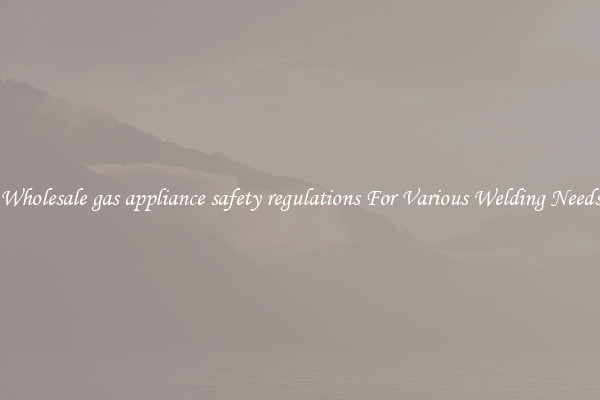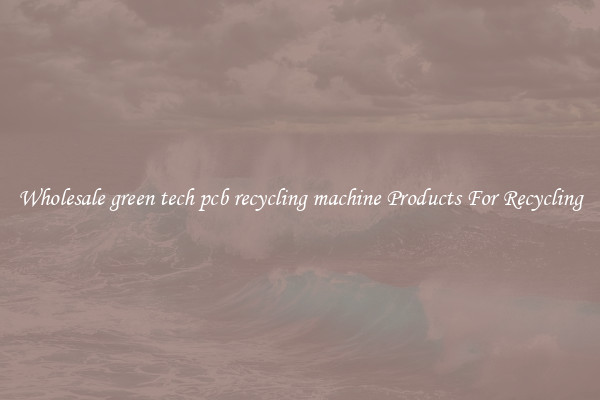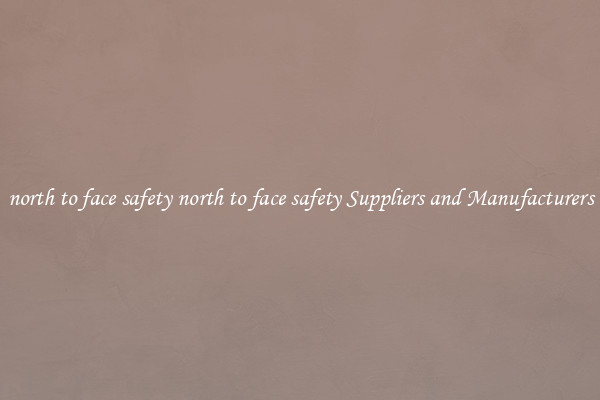Wholesale gas appliance safety regulations For Various Welding Needs
Wholesale gas appliance safety regulations for various welding needs are crucial to ensure a safe working environment for welding professionals. Gas appliances, such as torches and regulators, are commonly used in welding processes, and adherence to safety regulations is essential to prevent accidents, injuries, and even fatalities. These regulations aim to prevent gas leaks, explosions, and other hazardous situations that can occur due to negligence or improper handling of gas appliances.

One important safety regulation is the periodic inspection and maintenance of gas appliances. It is necessary to regularly examine and service these appliances to ensure their proper functioning. This may involve checking for gas leaks, testing the pressure of regulators, and replacing worn-out parts. By keeping these appliances in good condition, the risk of accidents can be significantly reduced.
Proper storage and handling of gas cylinders is another crucial aspect of safety regulations. Gas cylinders should be stored in well-ventilated areas away from heat sources, flammable materials, and electrical equipment. They should be kept secured in an upright position to prevent them from falling or being damaged. Additionally, cylinders should never be dragged, rolled, or dropped, as this can cause damage to the valve and result in gas leakage.
Wholesale gas appliance safety regulations also highlight the importance of using appropriate personal protective equipment (PPE). Welding professionals should wear safety glasses, gloves, and flame-resistant clothing to protect themselves from sparks, UV radiation, and potential burns. Respiratory protection may also be necessary when working in environments with inadequate ventilation or high amounts of fumes and gases.
Training and education are essential components of gas appliance safety regulations. Employers should ensure that all welding professionals are provided with sufficient training on the safe handling and operation of gas appliances. This includes educating them about potential hazards, emergency procedures, as well as how to recognize and respond to gas leaks or other dangerous situations. Regular refresher training should also be conducted to ensure that employees stay up to date with any new safety guidelines.
In conclusion, wholesale gas appliance safety regulations are indispensable for various welding needs. By following these regulations, welding professionals can ensure a safe working environment for themselves and their colleagues. Regular inspection and maintenance, proper storage and handling of gas cylinders, use of appropriate PPE, and adequate training are all vital elements to prevent accidents and protect against potential hazards. Adherence to these regulations not only protects the well-being of welding professionals but also contributes to the overall safety and productivity in the welding industry.

View details

View details

View details

View details








